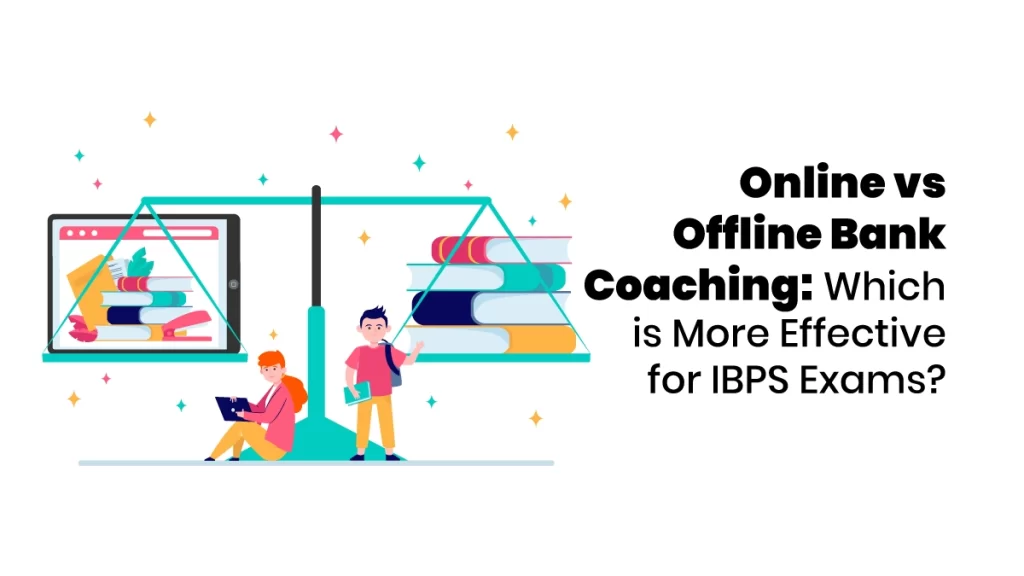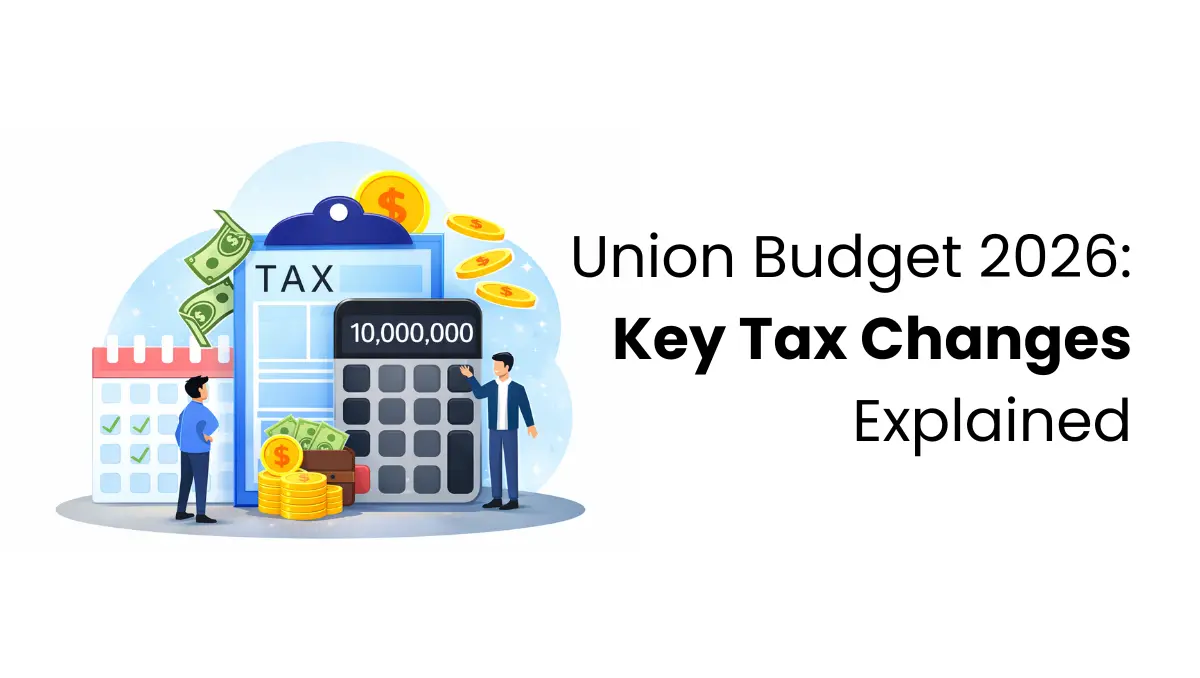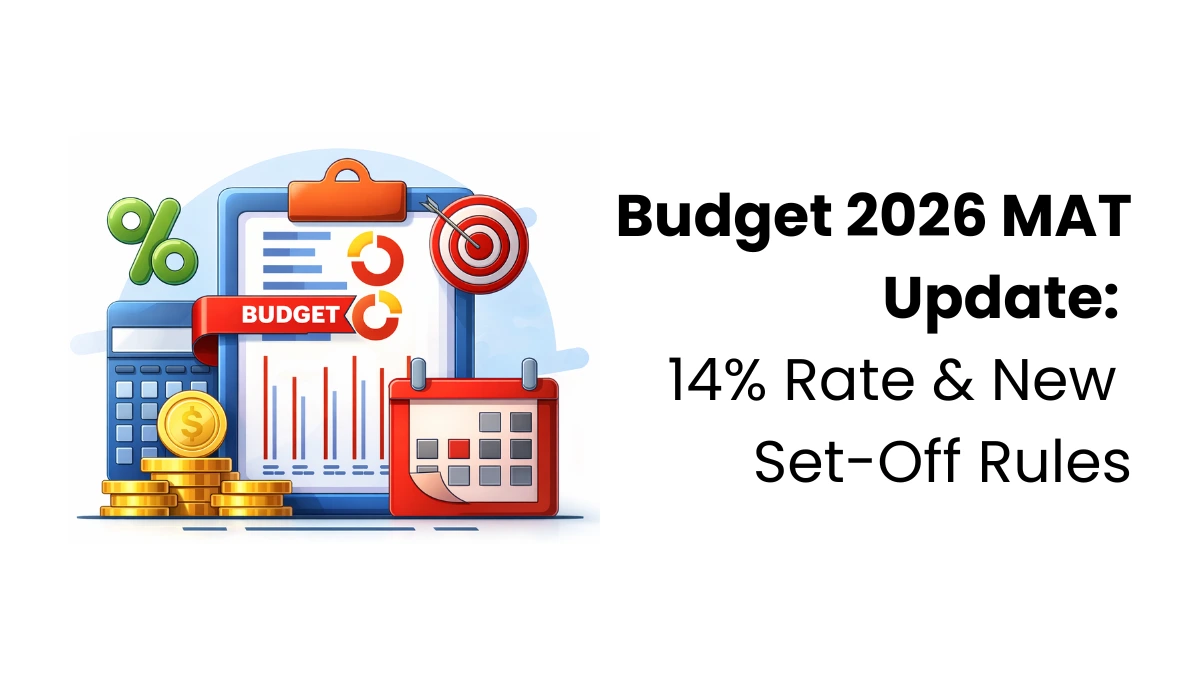Online and offline coaching methods have each held their ground effectively. However, in recent years, the popularity of online training has surged, thanks to the emergence of various e-learning platforms and the widespread availability of the internet, enabling countless IBPS exam aspirants to access high-quality courses at an affordable cost. These digital resources offer the flexibility to learn quickly and conveniently from anywhere.
The question arises: what does the future hold for IBPS exam coaching? Will traditional offline coaching become obsolete, overtaken by online alternatives? In this debate, it’s important to note that offline coaching is expected to remain a dominant force for at least the next 30 years. It will continue to offer the immersive, in-person classroom experience that many IBPS exam candidates find invaluable.
Benefits of Online vs Offline Bank Coaching
In education, we’ve witnessed a significant shift towards online learning, with many digital resources at our fingertips. Platforms like Finprov have become our go-to sources for gaining knowledge, offering an array of benefits such as affordability, time efficiency, and the convenience of learning from the comfort of our own spaces. While online learning has surged in popularity, the value of offline education remains undeniable.
Traditional classroom instruction ensures active student participation and allows teachers to gauge students’ attentiveness firsthand. For some, in-person learning aids in better information retention and recall. Many learners, recognizing the unique advantages of offline classes, opt for this mode to further hone their skills. In light of these advantages, combining the strengths of both online and offline education, a hybrid approach presents a compelling solution for learners seeking a balanced and practical learning experience.
Online vs Offline Bank Coaching: A Comprehensive Comparison
One of the critical distinctions between online and offline coaching lies in the scheduling. Traditional on-campus courses that transition to online often maintain their existing weekly schedules. On the other hand, fully online distance learning programs are structured around weeks of study. This fundamental difference significantly affects both the expectations of teachers and students. Asynchronous, fully online teaching involves planning structured learning activities that students must complete within the week rather than at specific times. This shift in focus emphasizes what students will do each week rather than what they will attend.
A Comparative Analysis of Online and Offline Coaching
Online and offline coaching methods are popular exam preparation choices, with advantages and drawbacks that may influence your decision.
Portability
Portability has played a pivotal role in the popularity of online coaching apps. Online coaching offers unmatched flexibility and convenience, allowing you to access classes for any subject anytime, right from the comfort of your home. This accessibility is a significant advantage of online coaching. In contrast, offline IBPS exam coaching necessitates physical presence at the class venue, requiring commuting to the location, which can be time-consuming.
Clarification of Doubts
In the learning process, doubts often arise, hindering your understanding of related topics. In an online class, addressing doubts can be cumbersome. You must message the teacher with your query, and the teacher then needs to read and comprehend the message. This can be a time-consuming process. In contrast, offline bank exam coaching offers a more immediate solution. You can directly ask the teacher, fostering a real-time discussion to resolve your doubts efficiently. Such flexibility is not readily available in online coaching. Therefore, offline IBPS exam coaching might be your preferred choice if you frequently encounter doubts.
Course Fees
In India, many students need more money to afford high coaching fees. In terms of cost, offline coaching tends to be more expensive than online coaching. These price changes can be attributed to the overhead expenses incurred by brick-and-mortar coaching centers, including the costs of maintaining physical classrooms and facilities. Conversely, online coaching requires minimal infrastructure, typically a camera and a whiteboard, resulting in lower student fees.
Practising Environment
Practicing exams while preparing for your tests is a crucial part of the preparation process. Engaging in test series effectively assesses your readiness, identifies improvement areas, and enhances your knowledge. If you choose online coaching, you can take an online test series, offering convenience and flexibility. In contrast, offline tests provide a test-taking experience similar to actual examinations, complete with the pressure of tight time constraints, making the testing process more realistic and impactful.
Best Reach
On the flip side, online IBPS exam coaching eliminates geographical constraints. It allows you to participate in classes from anywhere globally, making it a convenient choice, especially for individuals residing in remote areas with limited access to physical coaching centers.
Resource Requirements
Online IBPS exam coaching offers numerous benefits but requires reliable internet access. Traditional coaching centers remain the only viable option for exam preparation in regions with limited or no internet connectivity. Online coaching typically necessitates a stable internet connection and a digital device like a smartphone, laptop, or tablet. In contrast, offline coaching only requires a well-equipped classroom with a teacher, seating arrangements, and a blackboard for instruction.
Overall, the debate between online and offline bank coaching for IBPS exams revolves around various factors, each with advantages and considerations. The effectiveness of either mode depends on individual preferences, resources, and the learning environment aspirants prefer. Online coaching offers unparalleled flexibility, accessibility, and convenience, making it an attractive choice for those with busy schedules or living in remote areas. On the other hand, offline coaching provides a traditional, classroom-based experience, fostering real-time interactions and immediate doubt resolution. Ultimately, the choice between online and offline bank coaching rests on personal circumstances, emphasizing the need for a balanced approach that integrates the benefits of both methods to enhance exam preparation comprehensively.
Choosing to enroll in bank coaching can significantly enhance your exam preparation process. At Finprov, we take immense pride in providing comprehensive guidance and unwavering support to our students, empowering them to achieve their desired goals in the banking sector. We understand the importance of personalized attention and are dedicated to offering tailored advice to each student, identifying their strengths and weaknesses, and assisting them in making necessary improvements.
Our bank coaching program covers various topics, including quantitative aptitude, reasoning, English language, general awareness, and banking-related subjects such as banking laws, finance, and economics. We offer various coaching options to cater to different preferences and schedules for SBI, IBPS, and RBI exams, including classroom coaching, online coaching, study materials, test series, mock tests, and doubt-clearing sessions.










